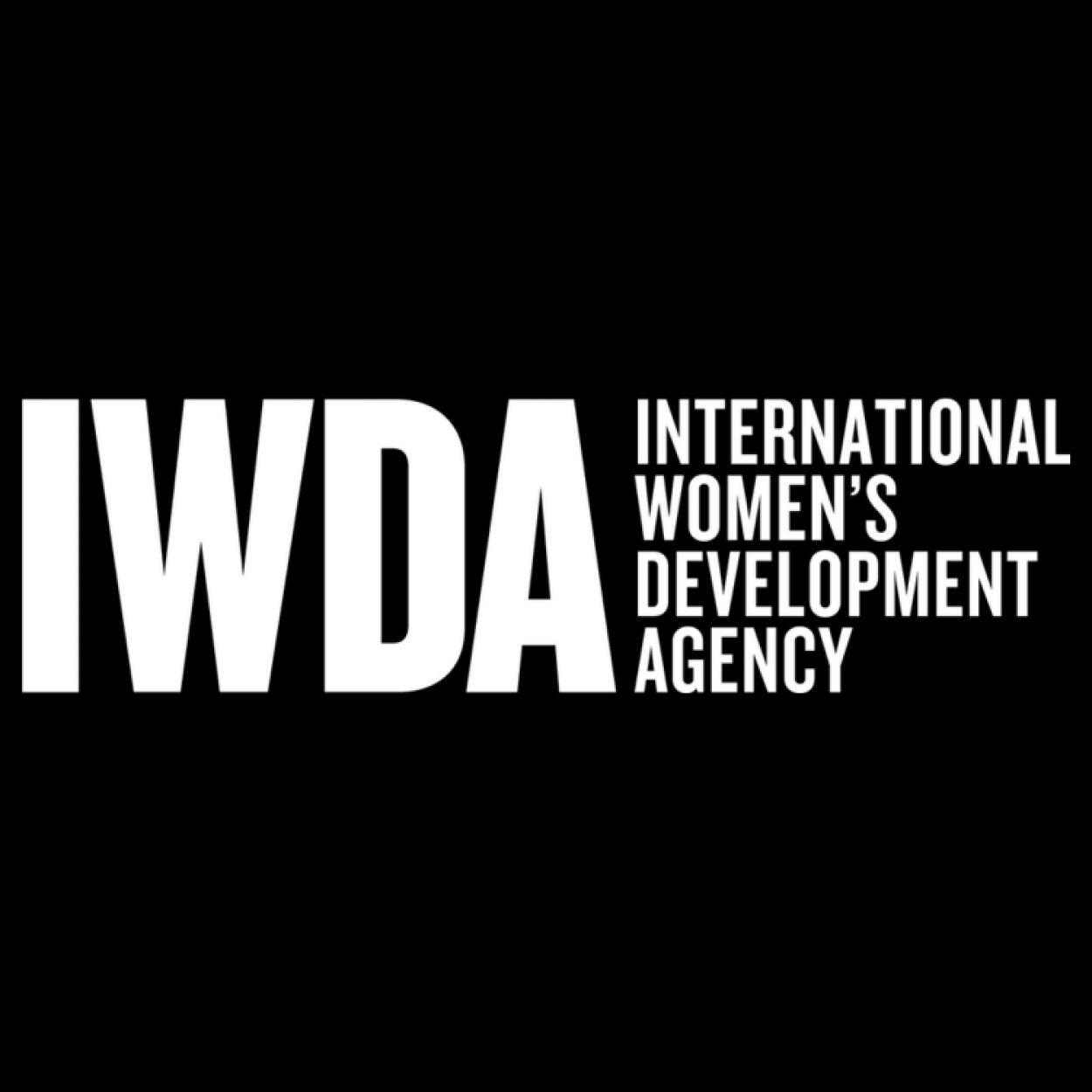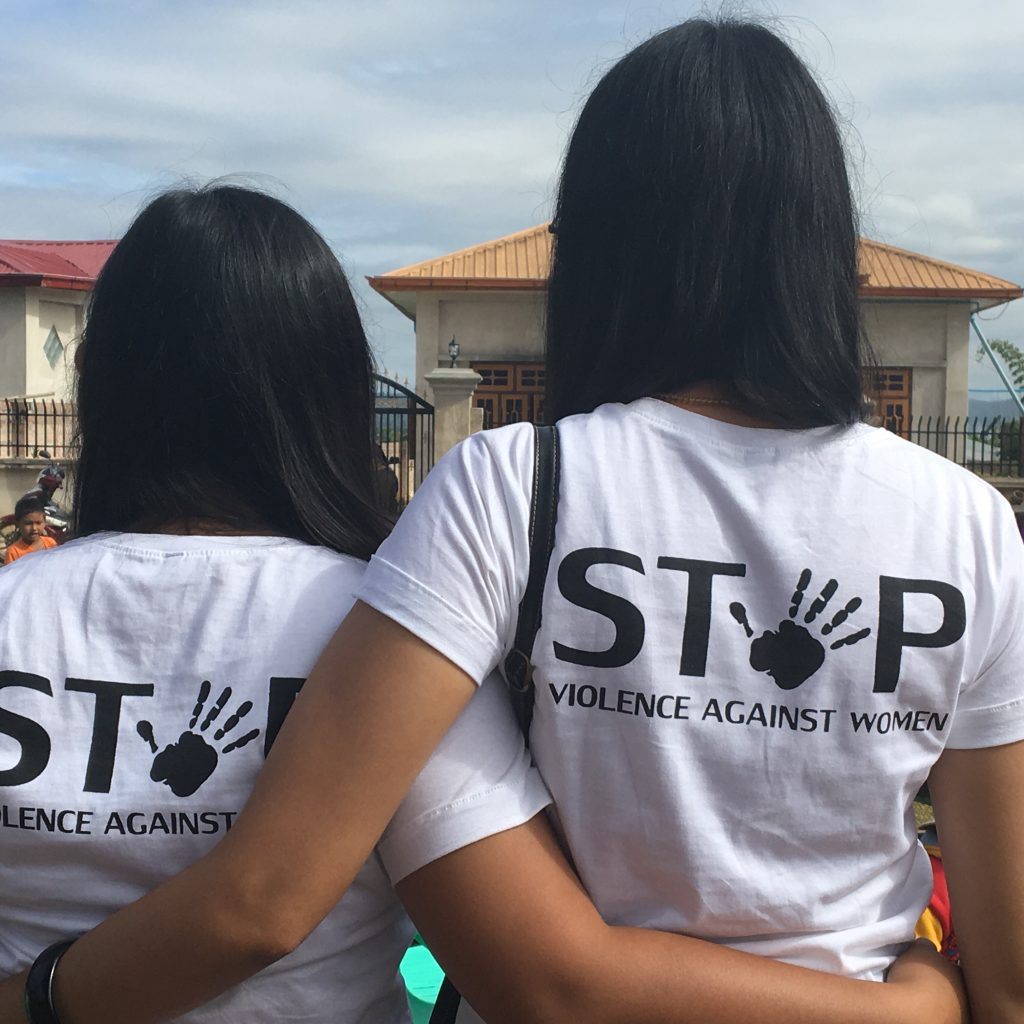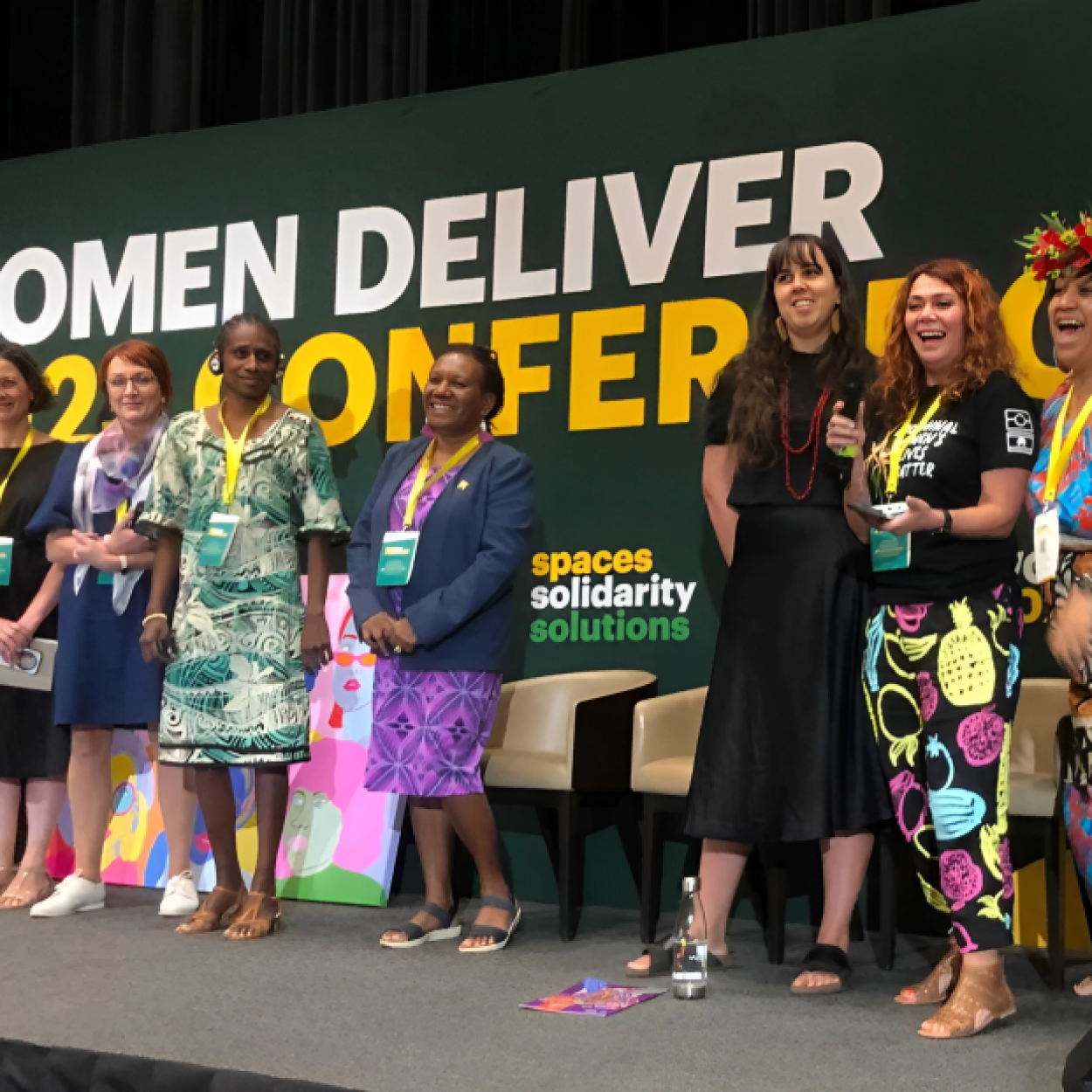
Now, more than ever, homes must be safe for all women
Research tells us that cases of violence against women increase during major crises and disasters.
Since the COVID-19 pandemic has necessitated social isolation on an international scale, women’s rights groups have voiced deep concern at the heightened risk of gender-based violence as families are urged to stay at home around the world.
Research tells us that cases of violence against women increase during major crises and disasters. This has already begun to ring true in the current crisis, with reports of domestic abuse as much as tripling in China during the recent isolation period.
When we launched our campaign to make home safe for every woman in early February, we never could have anticipated just how extraordinarily urgent that call to action would be in the months to come. There must be immediate global action to protect women and children from the threat of family violence.
We already know that at least one in three women will experience physical or sexual violence in her lifetime. We also know that this violence can lead to murder: every day, an average of 133* women are killed by an intimate partner or family member. What we can’t yet know is the sheer extent to which these figures could increase in the context of this current crisis.
Why does family violence increase during times of crisis?
Increased household and financial pressures, disruptions to daily life and heightened stress can exacerbate high-risk situations. While these issues may contribute to increased rates or severity of violence, it is important to remember that these are not the causes of gender-based violence.
The basic underlying cause of violence against women is gender inequality. This refers to the unequal power relationships between women and men, which are fostered and maintained by gender stereotypes and social norms.
IWDA believes that change needs to be transformative to achieve gender equality. This includes changing deep-rooted attitudes, beliefs, social norms, practices and structures that reinforce inequality.
What are other women’s rights campaigners saying?
Among the organisations raising their voices across Asia and the Pacific, where IWDA works, is our partner Fiji Women’s Rights Movement (FWRM). According to research, 64% of women in Fiji have experienced intimate partner violence.
FWRM Executive Director Nalini Singh said: “The elderly and women and girls with disabilities face additional risks. Women and girls are not safe in their homes, as our 2017 research also indicates that 49 percent of victims and survivors of sexual violence know the perpetrator.
“Response measures to this pandemic must prioritise women’s access to justice to address sexual and gender based violence. According to FWRM’s research, it takes a woman an average of 868 days to report their situation of violence. The COVID-19 pandemic only makes the situation worse. Full formal justice sector services need to be provided.”
What’s next?
Even before this crisis and enforced isolation, the UN declared home to be the most dangerous place for women. Now, governments must listen to frontline service providers who are already seeing increased demand for support from women and children. At times of crisis, it is all the more crucial that we work to end this horrifying reality and build a world where every woman can be safe at home.
If you or someone you know is experiencing family violence, please call 1800 RESPECT on 1800 737 732 or visit www.1800RESPECT.org.au for 24/7 support. If you are in immediate danger call 000.
* This article was revised in 2024 with an updated statistic that 133 women are killed every day by an intimate partner or family member.




